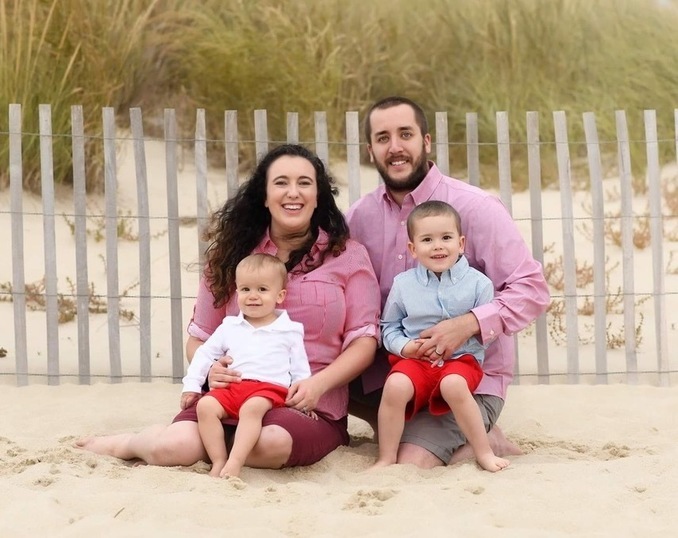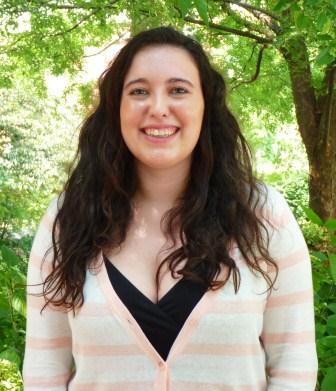Elizabeth Francisco
CAPSTONE
Capstone Project Committee: Margaret Berry, MS, CGC, Nancy Callanan, MS, CGC, James B. Caress, MD, Scott Richter, PhD (Statistical Consultant)
Background: Charcot-Marie-Tooth disease (CMT) is a hereditary motor and sensory neuropathy affecting one in 2,500 people globally. The majority of cases exhibit dominant or X-linked inheritance and severity within a family is variable.
Objective: The purpose of this study was to assess the perceptions, experiences, and rate of utilization of genetic counseling services by adults with CMT.
Methods: An anonymous survey was distributed through the Hereditary Neuropathy Foundation targeting adults with CMT, and parents or legal guardians of children with CMT.
Results: The survey had 724 total respondents, not all of whom answered every question. Of 236 respondents, 72.4% (186) of participants indicated they had never been offered an appointment with a genetic counselor. Of the 25.8% (64) offered an appointment, 59.6% (38) attended their appointment, and 85.6% of participants who attended their appointment were happy with their experience. Of the 535 respondents to the question of if they would be interested in being referred to a genetic counselor, 51.4% (275) said yes. Participants who have not had genetic counseling (186) were more likely to identify receiving support as a potential benefit of this service than those who had genetic counseling. They were also more likely to be concerned about potential negatives such as discrimination and cost, compared to those who had genetic counseling. Of 652 respondents, 52.6% (343) indicated that they had been offered genetic testing, 79.6% (273) chose to pursue this service, and 92.5% of those that received testing were happy with their decision. Of those who were not offered or did not pursue testing, 71.6% (227) indicated they were interested in pursuing genetic testing.
Discussion: CMT patients are not being referred for genetic counseling and testing. Genetic counselors can work to eliminate this barrier by educating neurologists in their area on benefits of pre and posttest genetic counseling for CMT patients. Genetic counselors should also consider spending more time focusing on support needs for these patients, as it is highly desired in this population. The results also suggest that medical professionals caring for CMT patients should offer genetic counseling and genetic testing on more than one occasion as patient satisfaction with the results of these interventions is high.
Since Graduation

Upon graduation Liz accepted a job with Greenwood Genetic Center – Greenville. While this was originally a prenatal position, it quickly developed into a prenatal/ pediatric/adult genetics role. After over 2.5 years serving GGC, Liz transitioned to remote work. This started with a brief stint as a genetic counselor with Evicore doing insurance reviews, before deciding she missed clinic too much! She has been with Integrated Genetics as a telemedicine prenatal counselor for 3 years. She sees patients for MFMs in the South Florida area. Additionally, Liz loves to supervise students and introduce them to the world of remote counseling and working with interpreters! She is a supervisor for Emory University, and has also taken on students recently for UNCG, USC, and Thomas Jefferson. In 2020 Liz won the Distinguished Employee Award for Genetic Counseling Services and was promoted to Senior Genetic Counselor. Liz has started seeing cancer patients a few days per month in addition to her prenatal clinic responsibilities. Personally, Liz and her husband Adam have relocated from South Carolina to Delaware. They have two sons, Calvin (3) and Jonah (1), as well as 2 pups (Knox and Mason).
